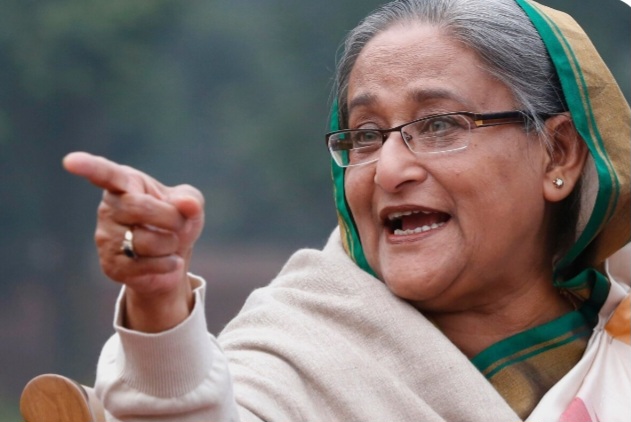
Esther Imonmion
On Monday, 17 November 2025, former Bangladeshi Prime Minister Sheikh Hasina was sentenced to death by the country’s International Crimes Tribunal over her role in the violent suppression of mass protests in 2024. The verdict, delivered in absentia, also implicated her former Home Minister, Asaduzzaman Khan, while a former police chief received a reduced sentence for cooperating with investigators.
Sheikh Hasina, who ruled Bangladesh for more than 14 years before being ousted in August 2024, was found guilty of multiple counts, including incitement, complicity, abetment, and failure to prevent mass killings during a student-led uprising. Prosecutors said Hasina authorized the use of helicopters, drones, and lethal weapons against demonstrators, resulting in the deaths of up to 1,400 people, according to UN estimates.
Evidence presented at the tribunal included phone call logs, victim testimonies, drone flight data, and audio recordings identified as Hasina’s voice, allegedly instructing security forces to “shoot wherever they find them.” The tribunal said these materials demonstrated that Sheikh Hasina “masterminded” the crackdown that became one of the deadliest episodes of political violence in Bangladesh’s recent history.
Sheikh Hasina, now in exile in India, has refused to recognize the tribunal’s authority, calling the proceedings politically motivated. Her Awami League party, banned by the interim government, denounced the death sentence as a “judicial assassination.” The ruling comes as Bangladesh prepares for elections in February 2026, raising concerns over political unrest and the legitimacy of the polls.
In previous proceedings, Sheikh Hasina was also sentenced to six months in prison in July 2025 for contempt of court over a leaked recording in which she allegedly said she had a “licence to kill.” Despite Hasina’s denials, the tribunal’s verdict underscores the interim government’s determination to hold her accountable for the 2024 crackdown.
The sentencing of Sheikh Hasina marks a historic and controversial moment in Bangladesh, highlighting the ongoing tensions between her supporters, the interim authorities, and the international community over questions of justice, due process, and political stability.
